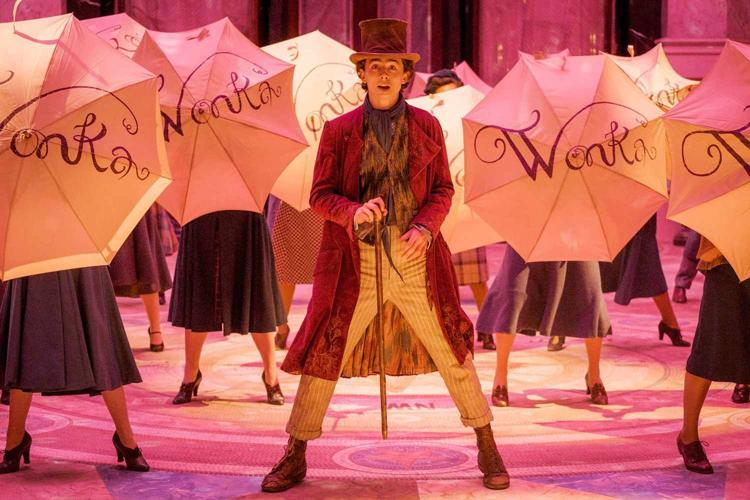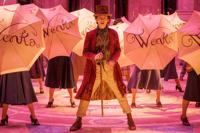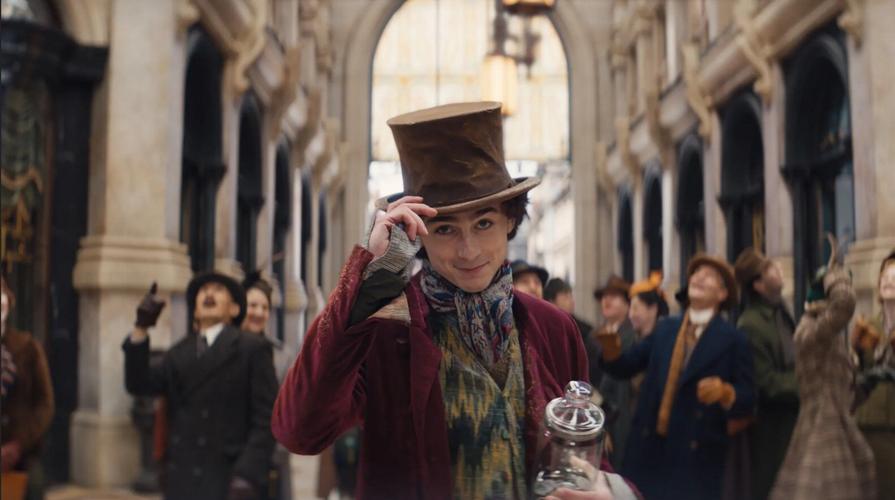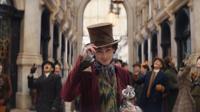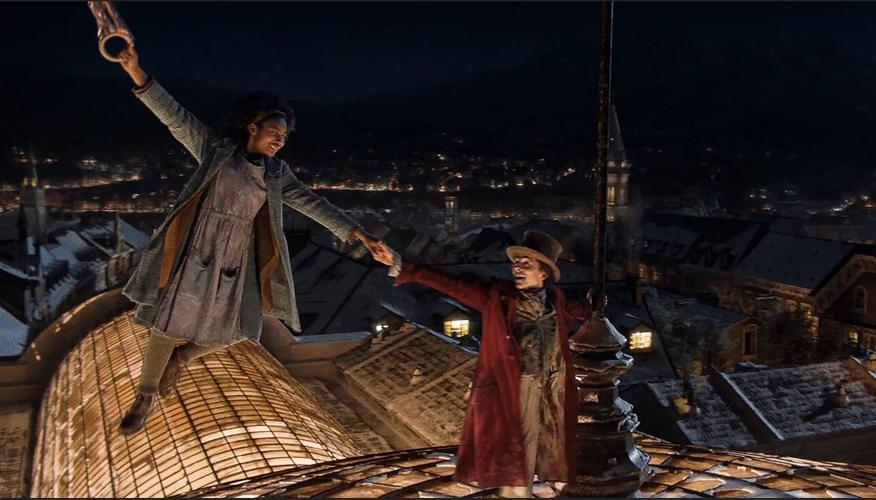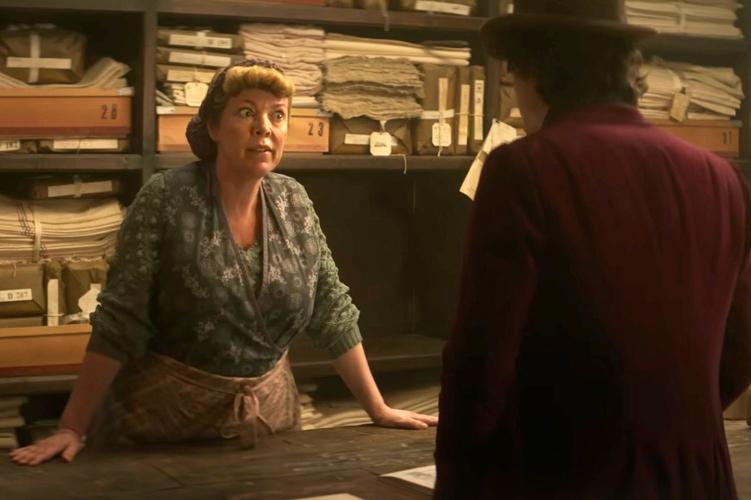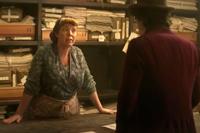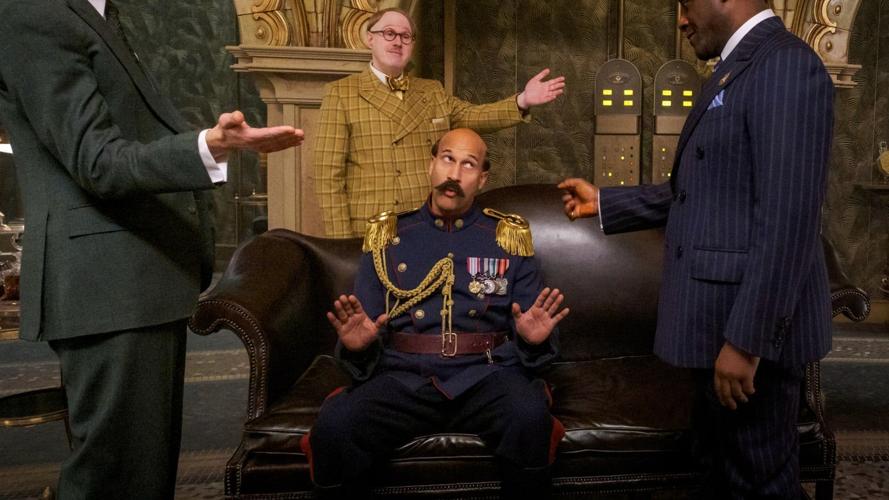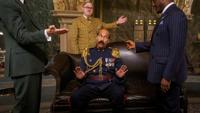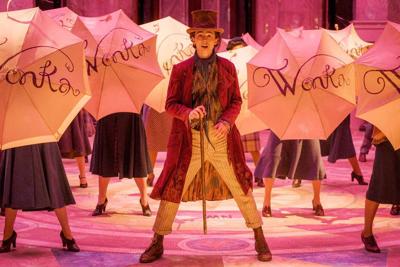Roald Dahl is a British author of children's literature who was active in publishing from the 1960's to the 80's. Dahl wrote The Wonderful Story of Henry Sugar and Six More (1977), which seemed more aimed at adults, even though they were perhaps as whimsical as his children's books, but, of his works aimed at minors, there are certain themes that kept recurring. Dahl's work often focused on orphans or young people who have lost one, if not both of their parents. His work often focused on adults abusing said children. Similarly, his work often involved those in authority abusing that authority. His work often focused on poverty or those who are of very little means, if anything at all. His work often focused on the use of magic or people making concoctions to get them out of conflicts. His work often focused on inventors and entrepreneurs whose business revolve around food, eating of some kind or animals of some sort.
Dahl's most well-known work would likely be Charlie and the Chocolate Factory (1964). A lot of media and products have come from this work. There have even been two big-budget adaptations for cinema. The first was Willy Wonka & the Chocolate Factory (1971), which became a cult classic. It didn't make a lot of money in the box office, but, in the 20 years that followed, that 1971 flick, starring Gene Wilder as the titular character, grew a strong fan-base. It resulted in a reboot being released recalling the original title, Charlie and the Chocolate Factory (2005), starring Johnny Depp, which became a blockbuster, earning nearly a half-billion in the box office. Unfortunately, other cinematic adaptations of Dahl's work have not been as successful. The films about Willy Wonka remain the most profitable, so it makes sense that Warner Bros. would return to that well. This time with writer-director Paul King (Paddington) crafting a prequel to that 1964 story, which incorporates a lot of the aforementioned themes that recur in Dahl's overall oeuvre.

Timothée Chalamet (Dune and Call Me By Your Name) stars as Willy Wonka, a chocolatier who is also an inventor and magician who arrives by boat to some coastal city, which is home to three of the most successful and well-known chocolatiers in the world. Willy hopes to open his own candy shop and join those other chocolatiers in their success. However, Willy quickly learns that the three chocolatiers basically hold an oligopoly that squeezes out any other competitors and won't allow him to open his own shop. They especially don't want Willy there because his chocolate creations are better, more colorful, more diverse and more magical, whereas they prefer their market to consist of dull and plain chocolate.
Calah Lane (The Day Shall Come) co-stars as Noodle, a Black orphan girl who works at a boarding house that employs indentured servants. She isn't an indentured servant, but the people who run the boarding house treat her like one. If she steps out of line or doesn't do exactly what she's told, she'll be thrown into what is essentially a bird coup as punishment. It's a type of abuse that she experiences on top of others. She has nowhere else to go. She is tough and strong in her own ways. Yet, she feels trapped or stuck. On top of it all, she's never even eaten chocolate before.

Willy is able to enchant her with his magic tricks, his almost unshakeable optimism, his bubbly charm and his ability to create the most unusual but most delicious chocolates. He has a very positive spirit that pulls her along. Willy's dream of opening a candy shop is a light that inspires her and she is drawn into wanting to help him. A variety of other indentured servants at the boarding house are also inspired to help him. Overcoming the oligopoly that is willing to go to deadly lengths, as well as getting out of the indentured servitude in which they're all stuck is the major obstacle. King and his co-writer Simon Farnaby weave it all together in a very clever and entertaining manner.
The Broadway style musical numbers help to buoy the narrative in light and fizzy ways. The opening song, that of "A Hatful of Dreams," is one that could become a break-out. While all the songs are effective and fun, I'm not sure how catchy each are or how memorable they are. It's no surprise that the film frequently incorporates the melody from "Pure Imagination," the iconic song from the 1971 film. That Gene Wilder classic did get an Oscar nomination for its music. Obviously, King wants to invoke that 1971 flick because of the prequel nature here, but, also because it's clear that the current music can't live up to it. Chalamet's performance overcomes that though and he lifts up this film, even if its music cannot.

The supporting cast is a who's who of amazing British actors currently working. Leading them is Olivia Colman (The Crown and The Favourite) as the head of the boarding house called Mrs. Scrubitt. Tom Davis (Murder in Successville) plays Bleacher, the enforcer and love interest for Mrs. Scrubitt. The heads of the oligopoly include Paterson Joseph (Peep Show) who plays Slugworth, Matt Lucas (Little Britain) who plays Prodnose and Mathew Baynton (Gavin & Stacey) who plays Fickelgruber. There's also British legends like Hugh Grant and Rowan Atkinson, as well as Jim Carter (Downton Abbey) who appear as well.
Finally, there is a recurring gag involving Keegan-Michael Key (Key & Peele) who plays the Chief of Police. He's a corrupt official who has an addiction to chocolate. I'm not sure his character added much. I would've preferred someone like Tom Davis fill that role, but it wasn't too much of a hindrance.

Rated PG for some violence and mild language.
Running Time: 1 hr. and 56 mins.
In theaters.

